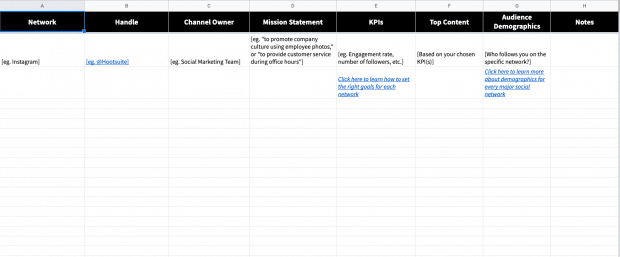

Users need to be able to perform the same tasks, as comfortably, on their mobile devices as they can on the desktop version of your website. That the mobile experience should be as good as the website experience, if not better. The stats are similar in Europe: 45 percent of UK travelers and 44 percent of French travelers are comfortable planning and booking their entire trip on their mobile devices. Focus on MobileĪccording to Think with Google, 48 percent of US smartphone users are comfortable researching, planning and booking their entire trip on their mobile devices. But is it optimized for clicks and conversions? In that case, it may be a good idea to call in an expert (with industry knowledge) to help you make the right optimizations. Perhaps you already do all that and your site is well-designed and well-functioning. You can test your site performance and speed with Google’s Test My Site tool. If your site performs poorly on mobile, is cluttered, too slow, or just too old, you definitely need to optimize it.

As such, you should optimize it frequently to improve user experience and boost your conversion rates. Your website is the foundation for all your internet marketing efforts.

You’ll need to convey that in an appealing way to reach your customers on a more personal level. Keep your unique selling point and what drives you as a business in mind. You can then develop your branding, website and marketing strategy around the personas. You can build at least 3 customer personas from your answers to those questions. Questions to ask yourself during this brainstorming session are: What motivates them to travel? Where do they find information about their destination? How do they prefer to book? What annoys them about the research and booking process? You need to know their demographic information as well as what drives them to book and how they prefer to book. The first thing you need to do is to understand your ideal customers. 14 Tourism Marketing Strategies to Help You Succeed in 2021 and Beyond 1. In this article, we will cover the top tourism marketing strategies for tour and activity providers. For example, posting to social media, writing blog posts, sending emails, etc. Tactics, on the other hand, consist of highly practical marketing activities that you do every day. In plain terms, it is a plan which guarantees that your marketing tactics are constantly contributing to your business goals.

(As we will strictly be covering marketing strategies in this article.)Ī marketing strategy is essentially an overarching plan to achieve one’s marketing goals and objectives. Set Up or Optimize Your “Google My Business” Listingīefore we begin, it’s important to make a distinction between a marketing strategy and a marketing tactic.


 0 kommentar(er)
0 kommentar(er)
